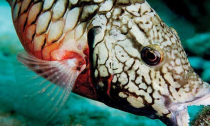
In the vibrant depths of the ocean, a tiny, brightly colored fish played a crucial role in maintaining the delicate balance of the underwater world. This was the parrotfish, a seemingly insignificant creature with a remarkable ability to save the planet.
Parrotfish were nature’s underwater gardeners. Their strong teeth, resembling a beak, allowed them to scrape algae and other parasites from the surface of coral reefs. As they nibbled away, they unwittingly helped to keep the reefs clean and healthy. But their contribution went far beyond simple maintenance.
Coral reefs were often compared to underwater cities, teeming with life. They provided shelter for countless marine species, from tiny shrimp to majestic sharks...
Read More

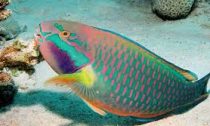
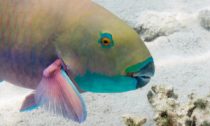
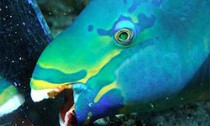
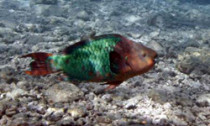


Social Profiles